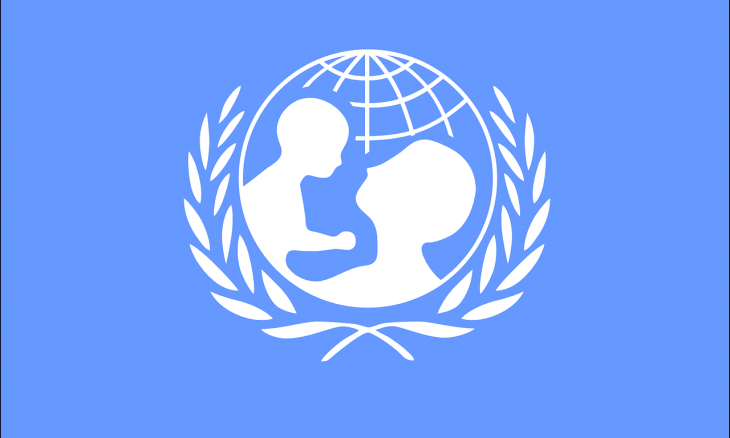Jim Evans contacted me a while back hoping I could help him with his master’s thesis on search marketing for non-profit organizations. I helped him a little bit, and he graciously agreed for me to post his work for my readers. It’s long (about 70 pages) but it’s a great overview of search marketing research. The most interesting part to me, however, starts on page 37, where Jim talks about Google Grants, a program that provides non-profit organizations with free advertising in the paid search listings.
I had never heard of Google Grants, but the program has been around since 2004. Non-profit organizations can apply to Google and receive a $10,000 per-month spending cap on paid search ads for at least three months. Google apparently gives away tens of millions in free advertising each year.
It sounds good, so if you are a non-profit, pay attention to whether you are eligible. To qualify, you can’t be an existing participant in Google’s paid search program, and you must be working for a specific kind of cause, such as science and technology, global public health, the environment, youth advocacy, or the arts. Religious and political organizations are expressly ineligible.
Read Jim’s paper to hear about specific examples of non-profit groups that are attracting needy people, as well as donations and volunteers, all with Google Grants. There are a few drawbacks to the program—Jim quotes the head of Catholic Relief Services, who is pained at being ineligible because he says “We help on the basis of need, not creed.” Perhaps Google will someday review its policy so that religious groups that provide medical, educational, and poverty services would be eligible.
Jim’s paper is chock-full of tips for non-profit organizations seeking to improve their search marketing. It’s well-researched, and it would probably be useful for mainstream for-profit businesses, too. But that section on Google Grants was an eye-opener for me. If you qualify, it could be just the program your group needs.
Download Jim’s paper on Search Marketing for Non-Profits. This research was part of the degree requirements for a MA in Philanthropy and Development from St. Mary’s University in Minnesota. Author Jim Evans is a consultant to nonprofit organizations specializing in nonprofit database consulting and software training. Jim can be contacted via his Web site www.bradfordllc.com.






